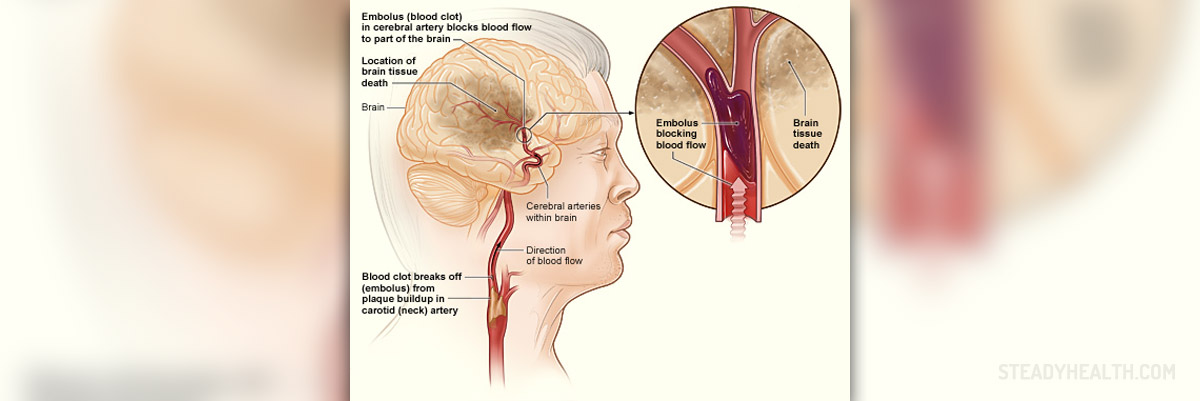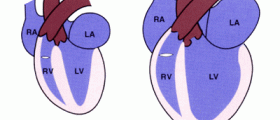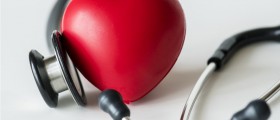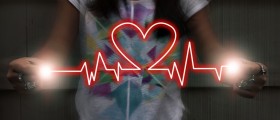
Ischemic cardiomyopathy is a medical term that refers to inability of the heart to pump blood properly due to coronary artery disease. The condition inevitably leads to congestive heart failure.
Ischemic cardiomyopathy develops as a consequence of improper blood supply to the heart. The underlying cause is coronary artery disease. The heart is not properly supplied with blood. Hence it cannot pump the blood adequately. Coronary arteries are narrowed by plaque which is typically made of cholesterol, fibrinogen and platelets. These plaques actually cause narrowing of the coronary arteries and subsequent insufficient supply of the heart muscle with oxygen and additional nutrients.
Ischemic cardiomyopathy is commonly associated with congestive heart failure. This is definitely one of the most frequent types of cardiomyopathy in the USA. It is estimated that 1 out of 100 people is affected. Ischemic cardiomyopathy predominantly affects middle-aged to elderly men.
Who is at Risk for Ischemic Cardiomyopathy?
Ischemic cardiomyopathy usually affects people who are already suffering from other medical conditions such as diabetes, high blood pressure and high cholesterol. Furthermore, people whose diet is rich in fat, obese people as well as those with personal or family history of heart attack, angina and atherosclerosis are particularly susceptible to ischemic cardiomyopathy. Two additional risk factors include sedentary lifestyle and smoking.
Symptoms of Ischemic Cardiomyopathy
Symptoms of ischemic cardiomyopathy actually represent a combination of symptoms of angina and symptoms of heart failure.
Patients may complain about chest pain which can be in a form of tightness, heavy pressure, squeezing or crushing pain. The pain may radiate to the neck, shoulders or down the arm. Additional problems include dizziness, lightheadedness, nausea, vomiting, cold sweats, rapid heart beat, shortness of breath and unexplained tiredness after physical activity.
Heart failure features with fatigue and weakness, severe shortness of breath, cough, loss of consciousness, irregular or rapid heart beat, swelling of the ankles and/ or swelling of the abdomen.
Treatment for Ischemic Cardiomyopathy
The goal of treatment for ischemic cardiomyopathy is to alleviate symptoms and improve problems associated with a heart failure. In many cases especially if one is suffering from heart congestion he/she needs to be hospitalized. Certain numbers of patients undergo cardiac catheterization. This way doctors estimate whether the patients may benefit from coronary artery bypass.
Medications prescribed to people suffering from ischemic cardiomyopathy include ACE inhibitors, angiotensin receptor blockers (ARBs), diuretics, digitalis glycosides, beta-blockers and vasodilatators.
Apart from medications patients can be also treated with single or dual chamber pacemaker, biventricular pacemaker, implantable cardioverter-defibrillator and left ventricular assist device (LVAD). The doctor opts for the most suitable treatment modality.
Additional measures include a low-salt diet, restriction of fluid intake, quitting smoking and elimination of alcohol consumption and weight reduction.
In terminal stage of ischemic cardiomyopathy the only effective treatment modality is heart transplantation.

















Your thoughts on this
Loading...